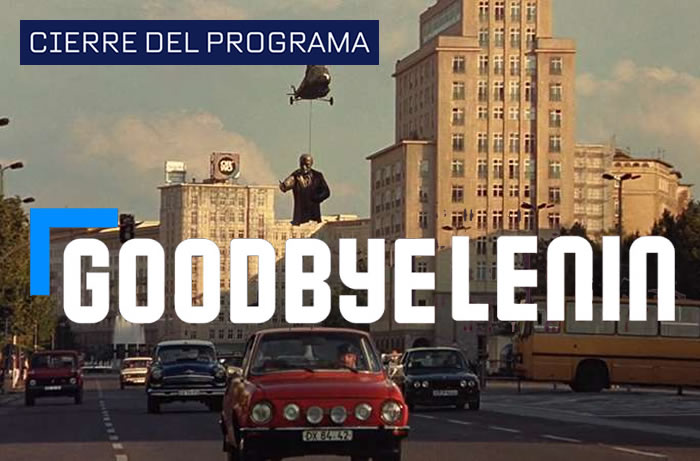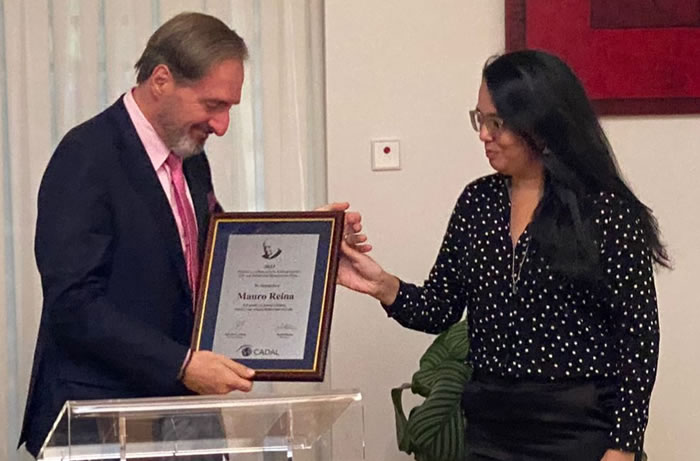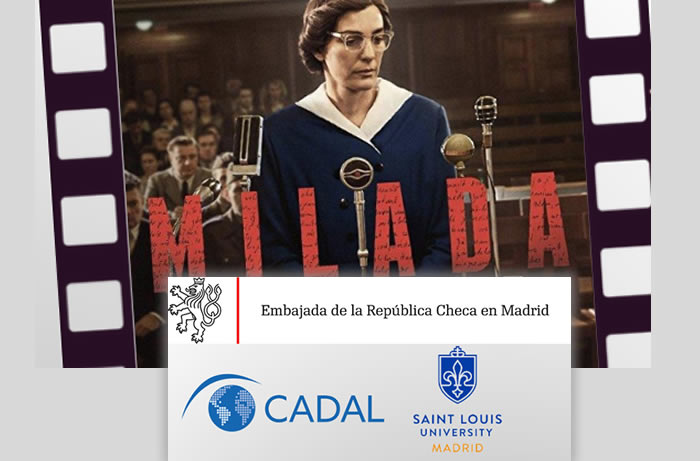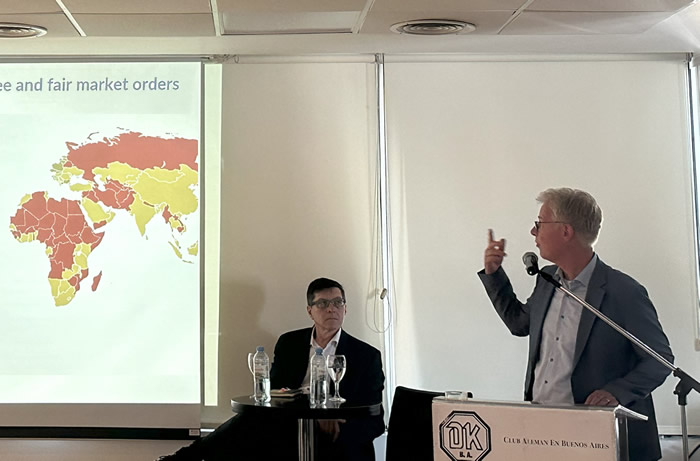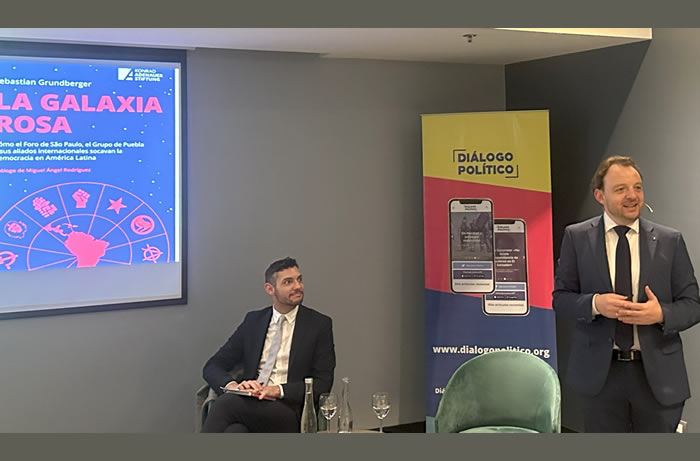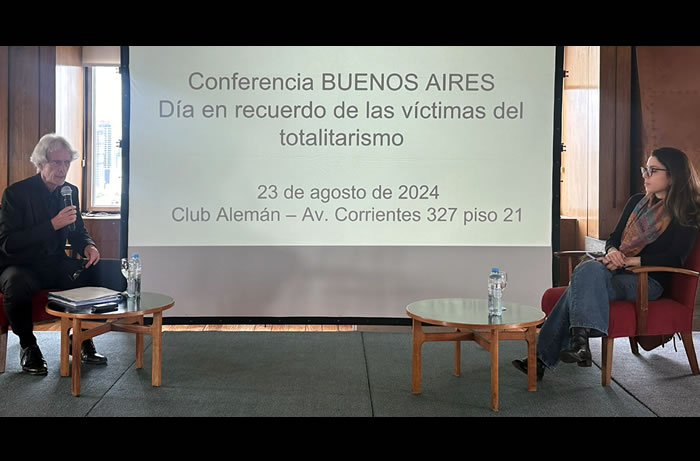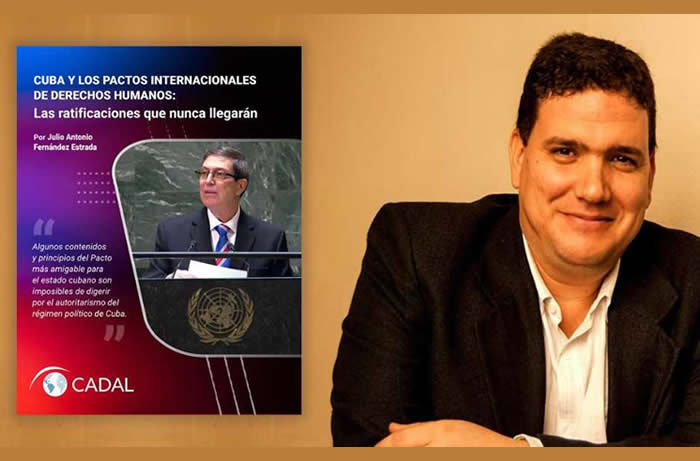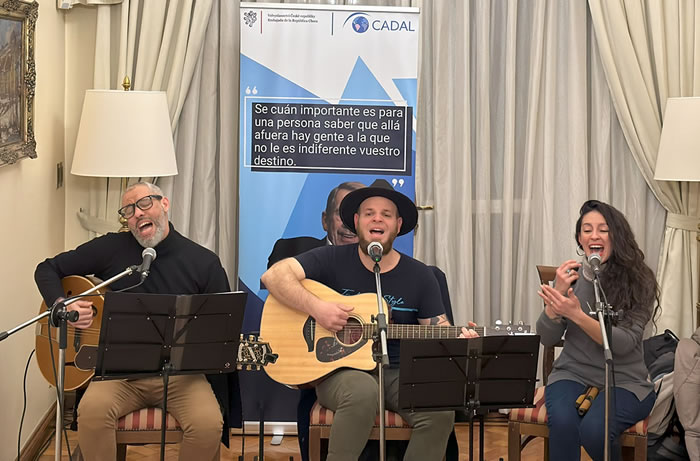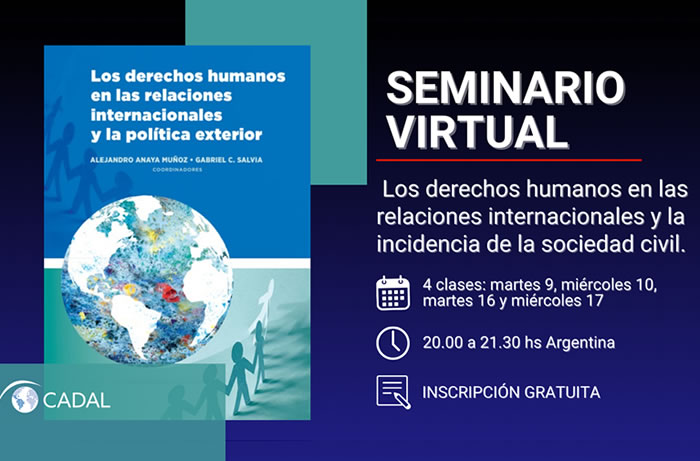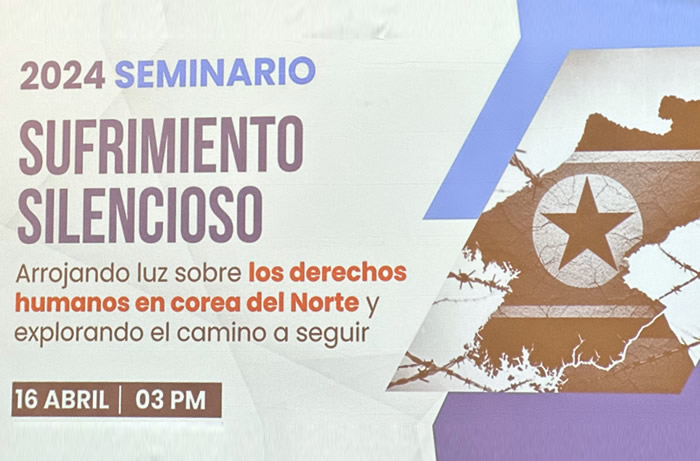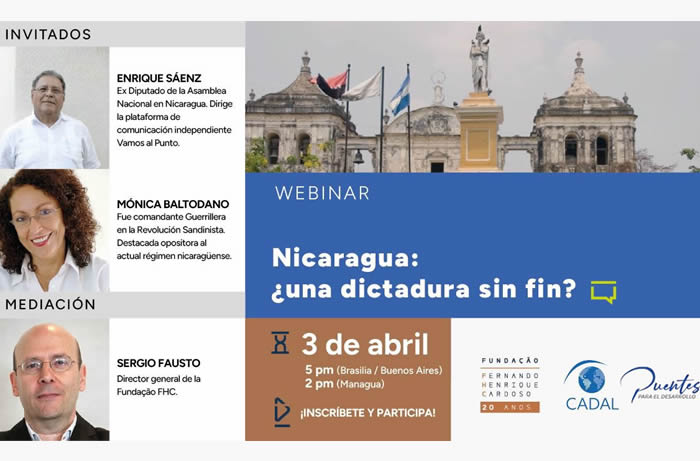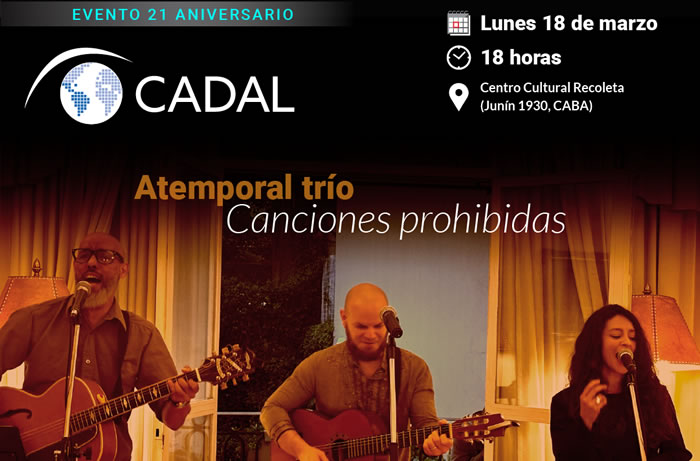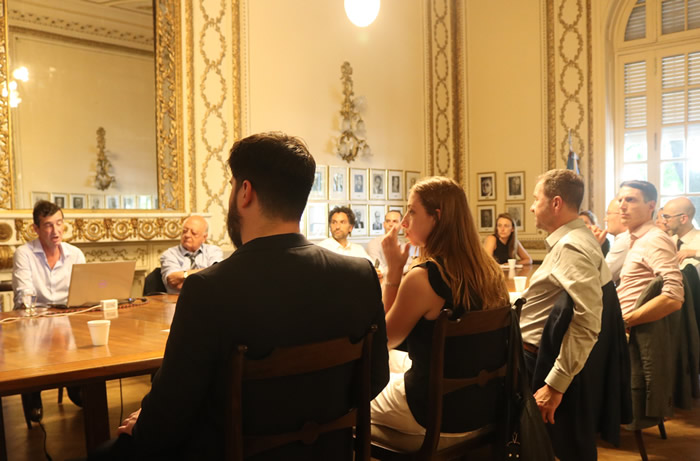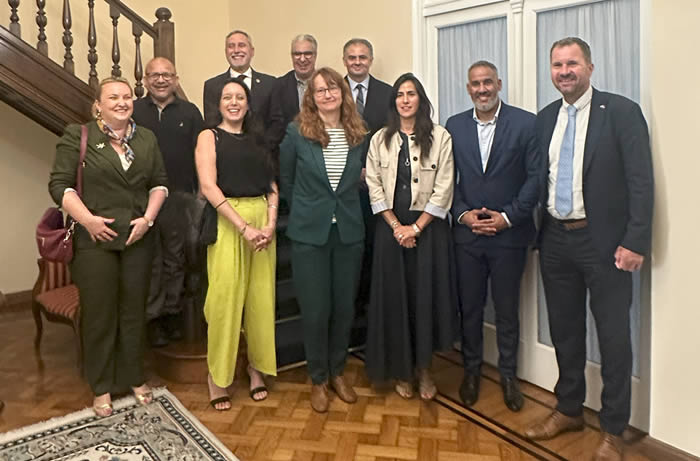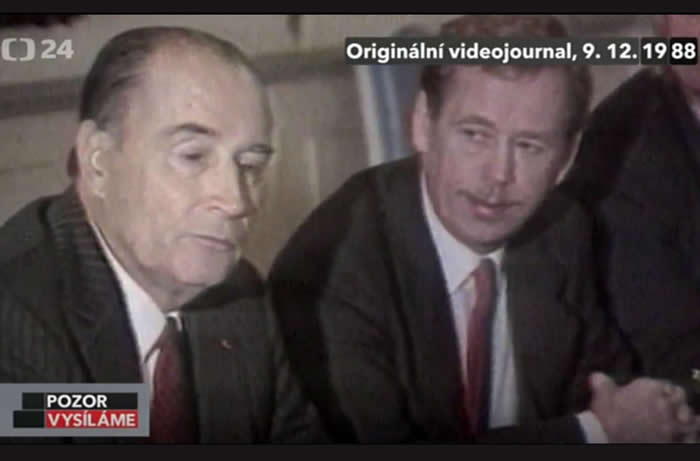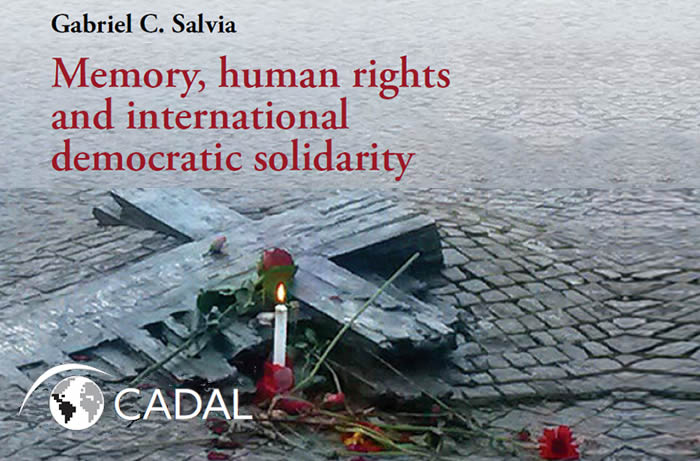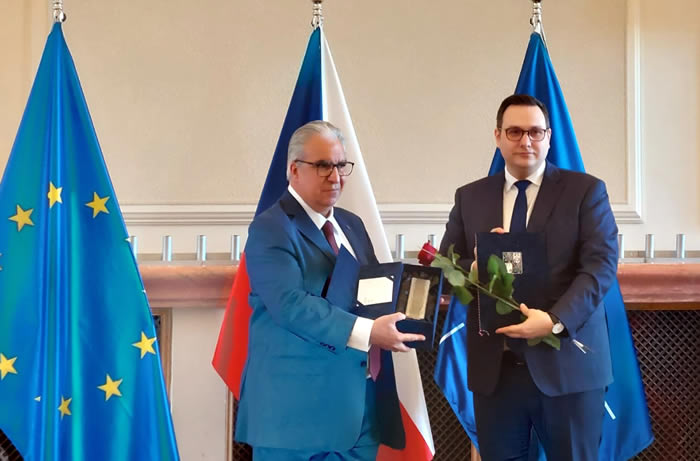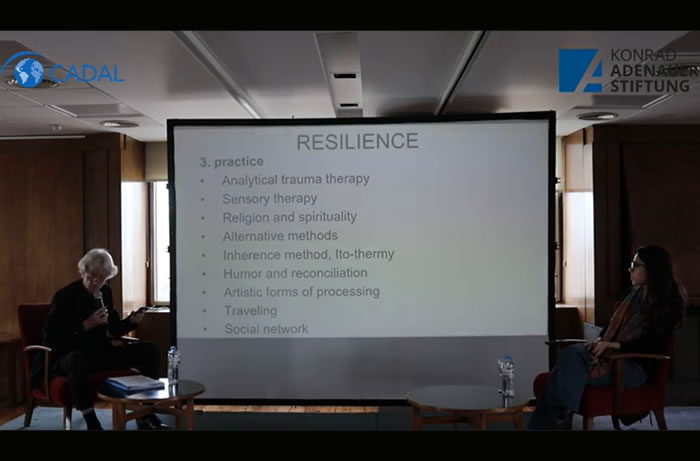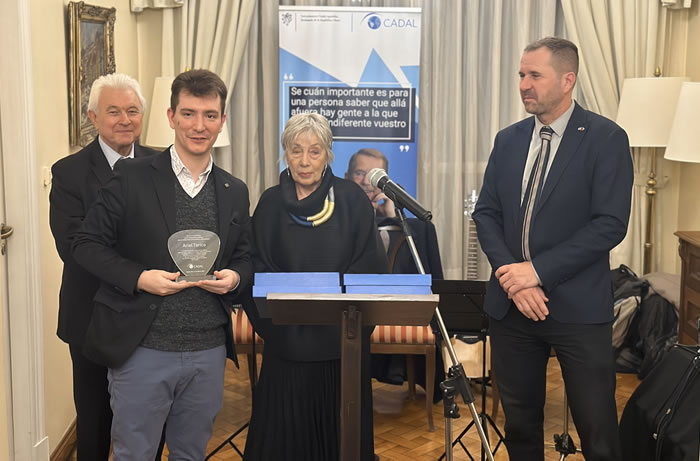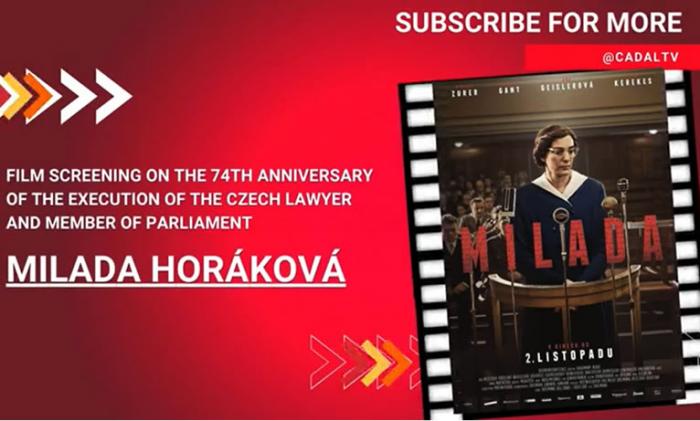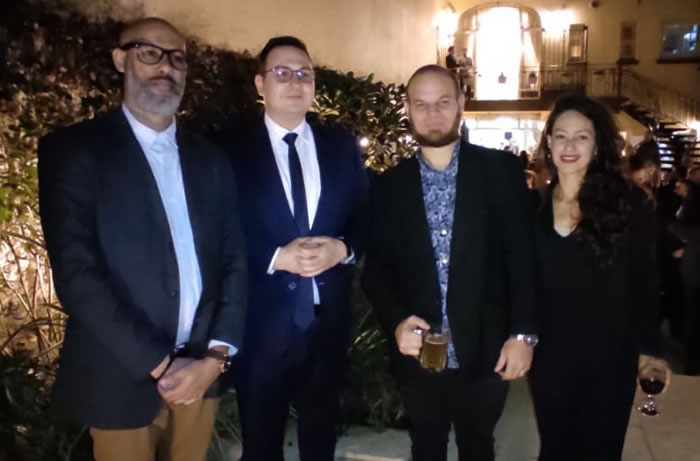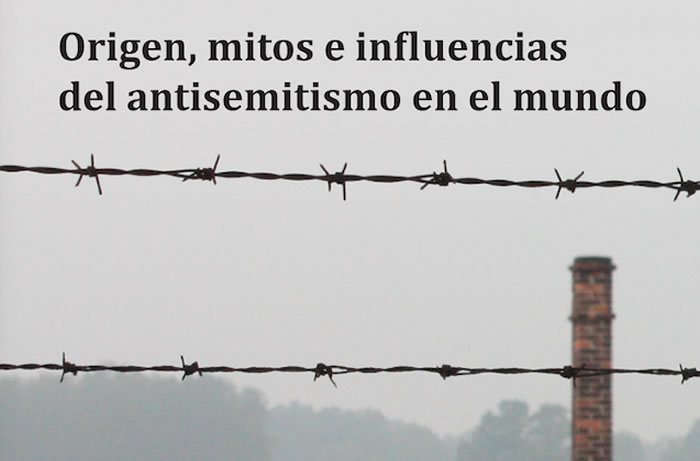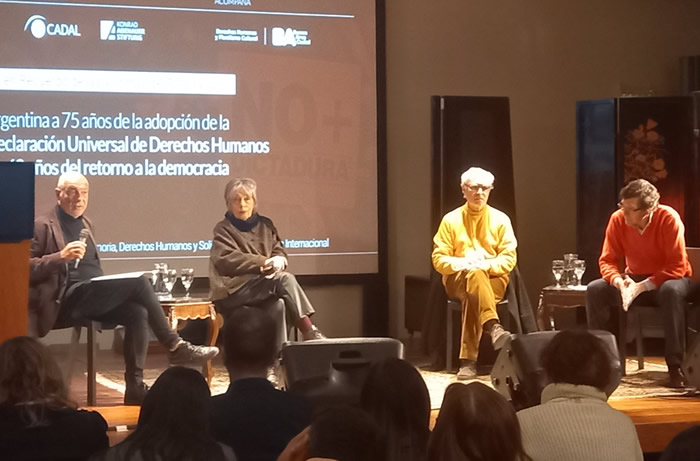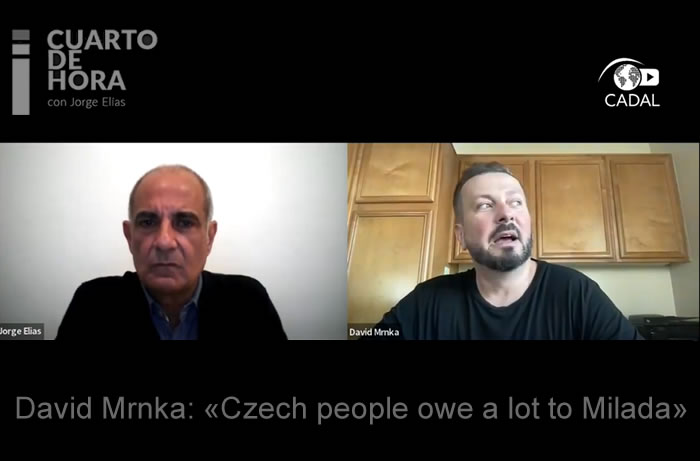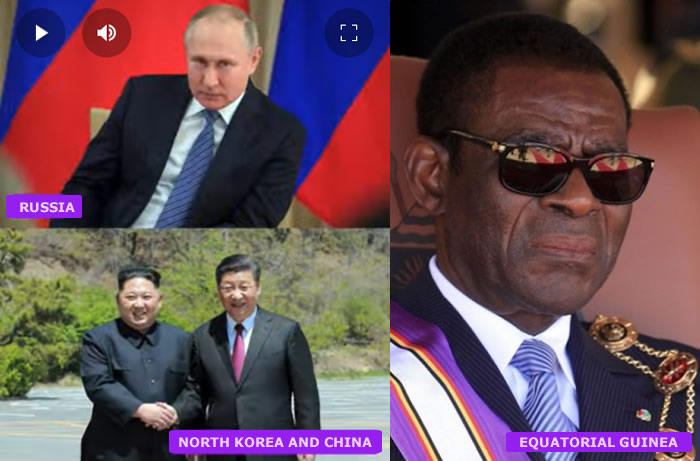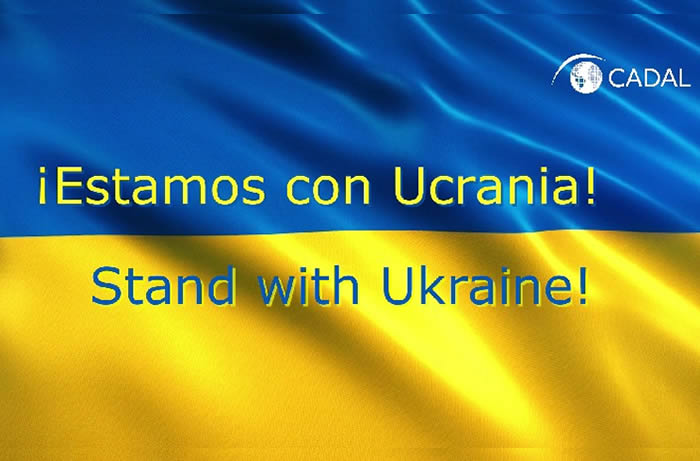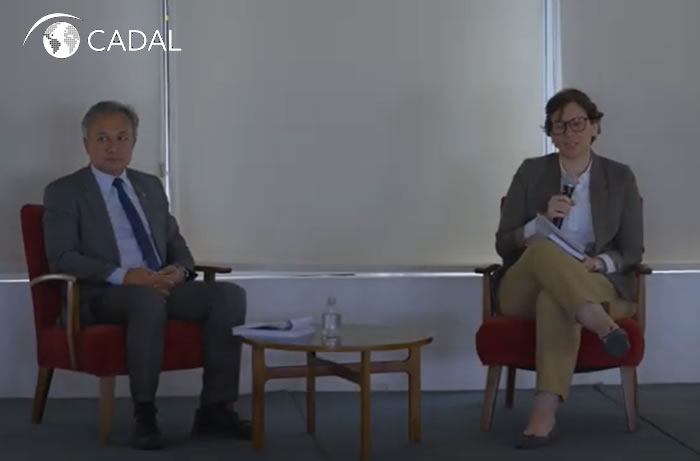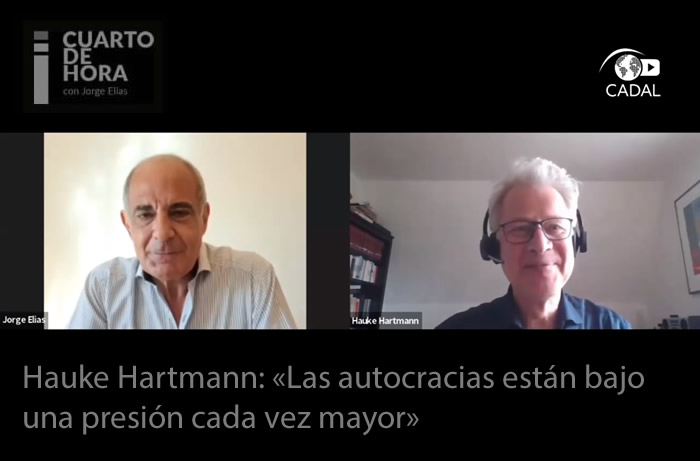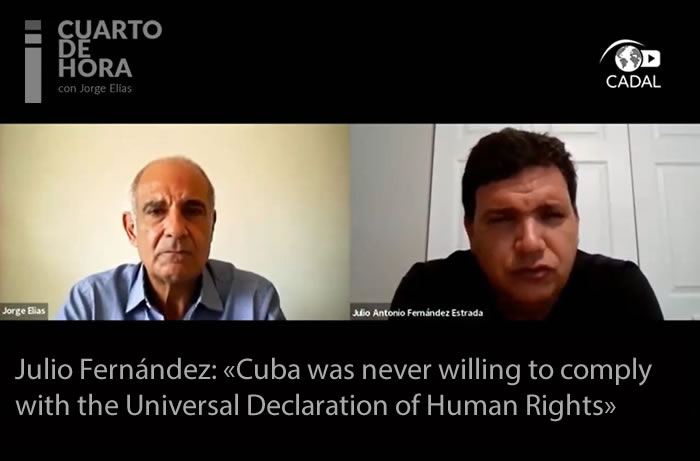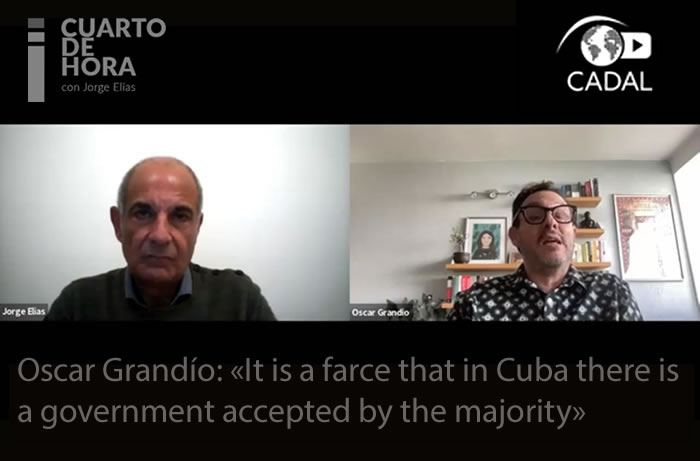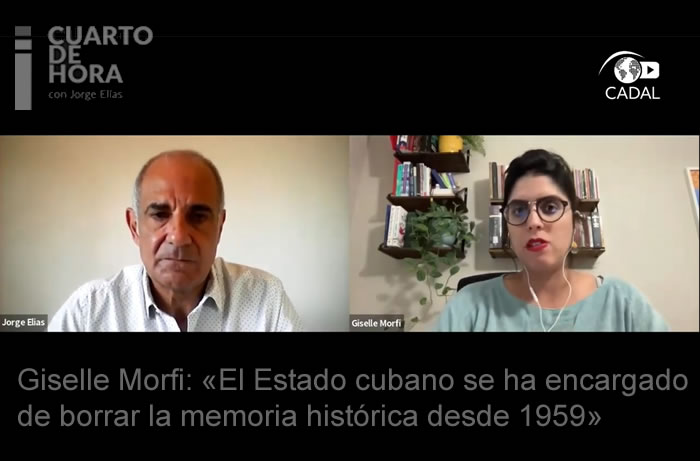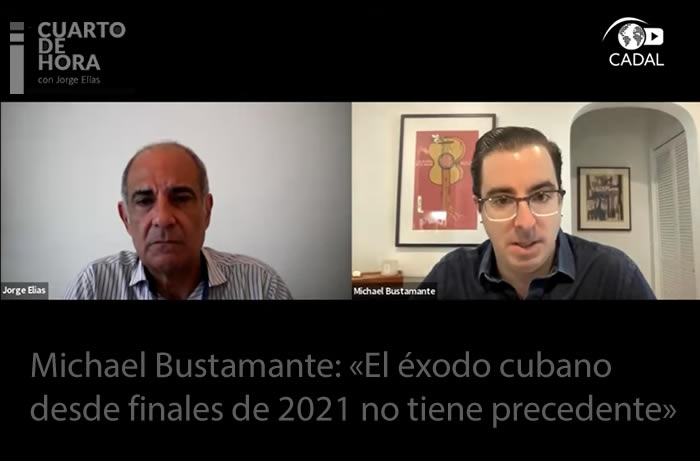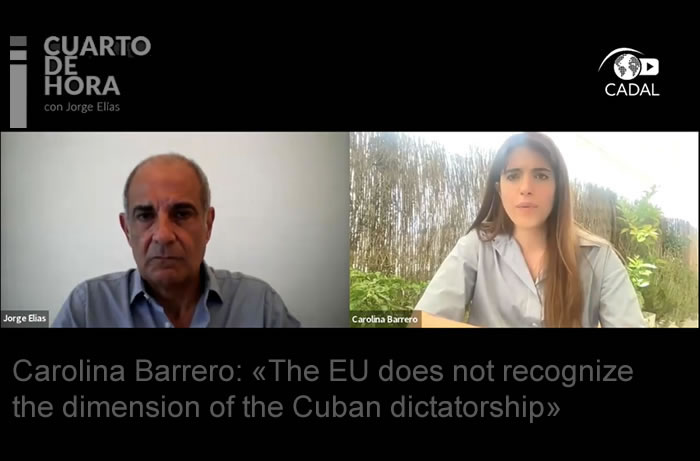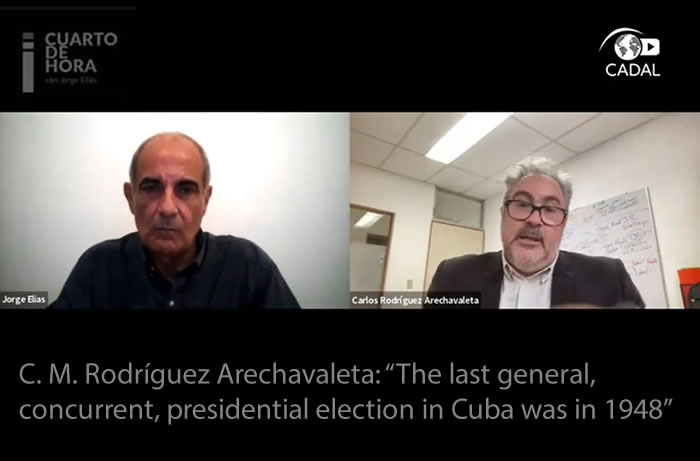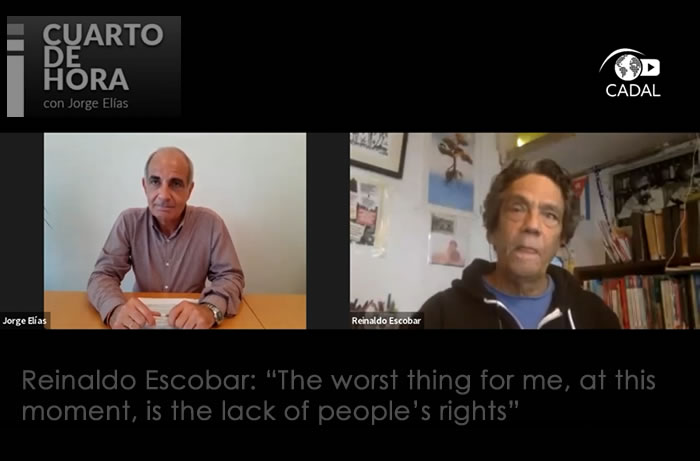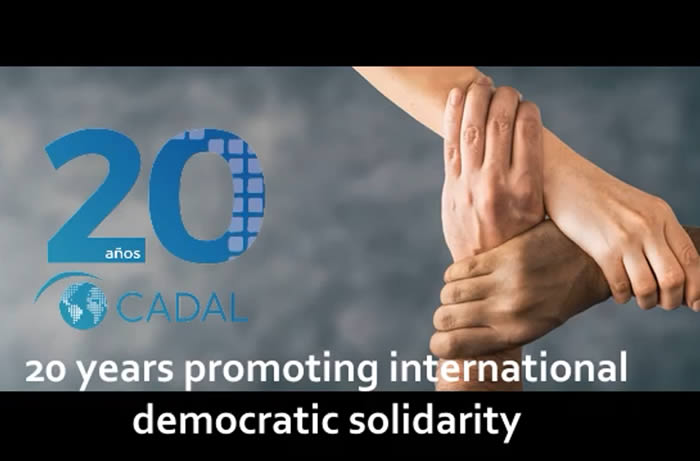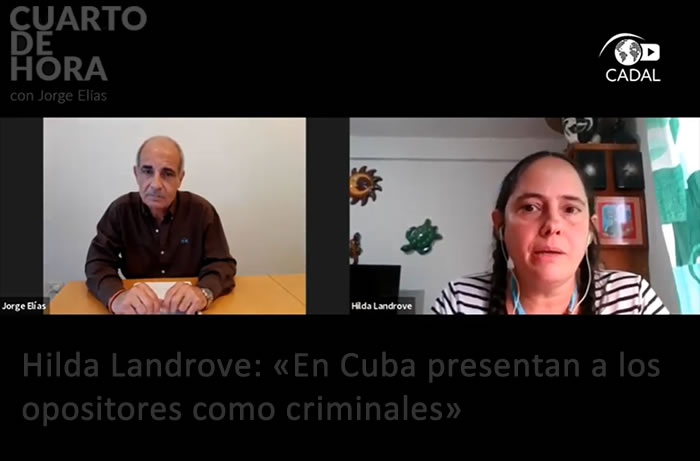Events
Václav Havel Institute
Conference on the International Day of Remembrance of the Victims of Totalitarianism - 2017
The conference took place in the Palacio San Martin, home to Argentina’s Ministry of Foreign Affairs. The day’s events were as follows: Legal and Institutional Mechanisms for Combatting Anti-Semitism and Honoring the Memory of the Holocaust; Solidarity with Current Victims of Human Rights Violations; The City of Buenos Aires’s Day of Remembrance of the Victims of Totalitarianism: a Tribute to Cecilia de la Torre; the introduction of the Ministry of Foreign Affair’s Civil Society Advisory Board’s International Democratic Solidarity Commission; and closing reflections by Jorge Edwards.
The 2017 Conference on the Day of Remembrance of the Victims of Totalitarianism was made possible by support from the Konrad Adenauer Foundation; the Swiss, Romanian, and German Embassies; the Argentine Delegation of Israeli Associations (DAIA); the Argentine Ministry of Foreign Affair’s Civil Society Advisory Board; the City of Buenos Aires’ Under-secretariat of Human Rights and Cultural Pluralism; Forum 2000; UN Watch; and Electoral Transparency.
Gabriel C. Salvia, Chairman of the Center for the Opening and Development of Latin America (CADAL) and Coodinator of the Civil Society Advisory Board’s International Democratic Solidarity Commission (MRECIC), gave the conference’s opening remarks.
The first panel analyzed the “Legal and Institutional Mechanisms for Combatting Anti-Semitism and Honoring the Memory of the Holocaust.” The members of this panel included S.E. Carmen Podgorean, the Romanian Ambassador to Argentina, and Claudio Avruj, the National Secretary of Human Rights and Cultural Pluralism. CADAL’s Vice-President, Sybil Rhodes, moderated the panel.
The conference continued with the projection of a video titled “Solidarity with Current Victims of Human Rights Violations.” The video included testimonies by Hassan Sheikh (Somalia), Kim Hyeong Soo and Eunkyoung Kwon (North Korea), Reem Khalifa (Bahrain), Alex Bialiatski (Belarus), Maria Mercedes Benitez González and Manuel Cuesta Morúa (Cuba), Anastasia Zotova (Russia), Farid Tukhbatullin (Turkmenistan), Antonio Karam (Tibet), and Radwan Ziadeh (Syria).
This first panel closed with a presentation asking, “Is Venezuela on a path toward Totalitarianism?” by the academic Alejandro Oropeza, Director of the Observatorio Hannah Arendt.
The second portion of the conference began with a panel on “The City of Buenos Aires’s Day of Remembrance of the Victims of Totalitarianism: a Tribute to Cecilia de la Torre.” The panelists included Pamela Malewicz, Under-secretary of Human Rights and Cultural Pluralism for the City of Buenos Aires, and Lia Rueda, Legislator for the City of Buenos Aires. The panel was moderated by Olaf Jacob, a representative from the Konrad Adenauer Foundation in Argentina.
Next, Gabriel C. Salvia (CADAL), Leandro Querido (Electoral Transparency), and Fernando Lorenzo, Special Representative for Social Integration and Participation (REIPS) presented the Civil Society Advisory Board’s International Democratic Solidarity Commission and CADAL’s Observatory on International Relations and Human Rights.
The closing reflection was led by Chilean diplomat Jorge Edwards, author of “Persona Non Grata” and “La última hermana.”
August 23rd marks the anniversary of the signing of the Molotov-Ribbentrop pact, when the Soviet Union and the National Socialist Germany divided Eastern Europe among themselves. According to the former President of the European Parliament, the Polish Jerzy Buzek, this pact represented “the collusion of the worst forms of totalitarianism in the history of the humanity”. The “International Day of Remembrance of the Victims of Totalitarianism” was adopted by the European Parliament and then by Canada. This initiative was suggested by Vaclav Havel, other European politicians, and human rights activists.
In 2016, CADAL proposed that this idea be adopted by the City of Buenos Aires, and upon presentation by Congresswoman Cecilia de La Torre, the City of Buenos Aires’s legislature declared August 23rd the city’s official Day of Remembrance of the Victims of Totalitarianism, declared by law 5608 and published on the BOCBA N°4968 on 19/09/2016.
The 2017 Conference on the Day of Remembrance of the Victims of Totalitarianism was made possible by support from the Konrad Adenauer Foundation; the Swiss, Romanian, and German Embassies; the Argentine Delegation of Israeli Associations (DAIA); the Argentine Ministry of Foreign Affair’s Civil Society Advisory Board; the City of Buenos Aires’ Under-secretariat of Human Rights and Cultural Pluralism; Forum 2000; UN Watch; and Electoral Transparency.
Gabriel C. Salvia, Chairman of the Center for the Opening and Development of Latin America (CADAL) and Coodinator of the Civil Society Advisory Board’s International Democratic Solidarity Commission (MRECIC), gave the conference’s opening remarks.
The first panel analyzed the “Legal and Institutional Mechanisms for Combatting Anti-Semitism and Honoring the Memory of the Holocaust.” The members of this panel included S.E. Carmen Podgorean, the Romanian Ambassador to Argentina, and Claudio Avruj, the National Secretary of Human Rights and Cultural Pluralism. CADAL’s Vice-President, Sybil Rhodes, moderated the panel.
The conference continued with the projection of a video titled “Solidarity with Current Victims of Human Rights Violations.” The video included testimonies by Hassan Sheikh (Somalia), Kim Hyeong Soo and Eunkyoung Kwon (North Korea), Reem Khalifa (Bahrain), Alex Bialiatski (Belarus), Maria Mercedes Benitez González and Manuel Cuesta Morúa (Cuba), Anastasia Zotova (Russia), Farid Tukhbatullin (Turkmenistan), Antonio Karam (Tibet), and Radwan Ziadeh (Syria).
This first panel closed with a presentation asking, “Is Venezuela on a path toward Totalitarianism?” by the academic Alejandro Oropeza, Director of the Observatorio Hannah Arendt.
The second portion of the conference began with a panel on “The City of Buenos Aires’s Day of Remembrance of the Victims of Totalitarianism: a Tribute to Cecilia de la Torre.” The panelists included Pamela Malewicz, Under-secretary of Human Rights and Cultural Pluralism for the City of Buenos Aires, and Lia Rueda, Legislator for the City of Buenos Aires. The panel was moderated by Olaf Jacob, a representative from the Konrad Adenauer Foundation in Argentina.
Next, Gabriel C. Salvia (CADAL), Leandro Querido (Electoral Transparency), and Fernando Lorenzo, Special Representative for Social Integration and Participation (REIPS) presented the Civil Society Advisory Board’s International Democratic Solidarity Commission and CADAL’s Observatory on International Relations and Human Rights.
The closing reflection was led by Chilean diplomat Jorge Edwards, author of “Persona Non Grata” and “La última hermana.”
August 23rd marks the anniversary of the signing of the Molotov-Ribbentrop pact, when the Soviet Union and the National Socialist Germany divided Eastern Europe among themselves. According to the former President of the European Parliament, the Polish Jerzy Buzek, this pact represented “the collusion of the worst forms of totalitarianism in the history of the humanity”. The “International Day of Remembrance of the Victims of Totalitarianism” was adopted by the European Parliament and then by Canada. This initiative was suggested by Vaclav Havel, other European politicians, and human rights activists.
In 2016, CADAL proposed that this idea be adopted by the City of Buenos Aires, and upon presentation by Congresswoman Cecilia de La Torre, the City of Buenos Aires’s legislature declared August 23rd the city’s official Day of Remembrance of the Victims of Totalitarianism, declared by law 5608 and published on the BOCBA N°4968 on 19/09/2016.
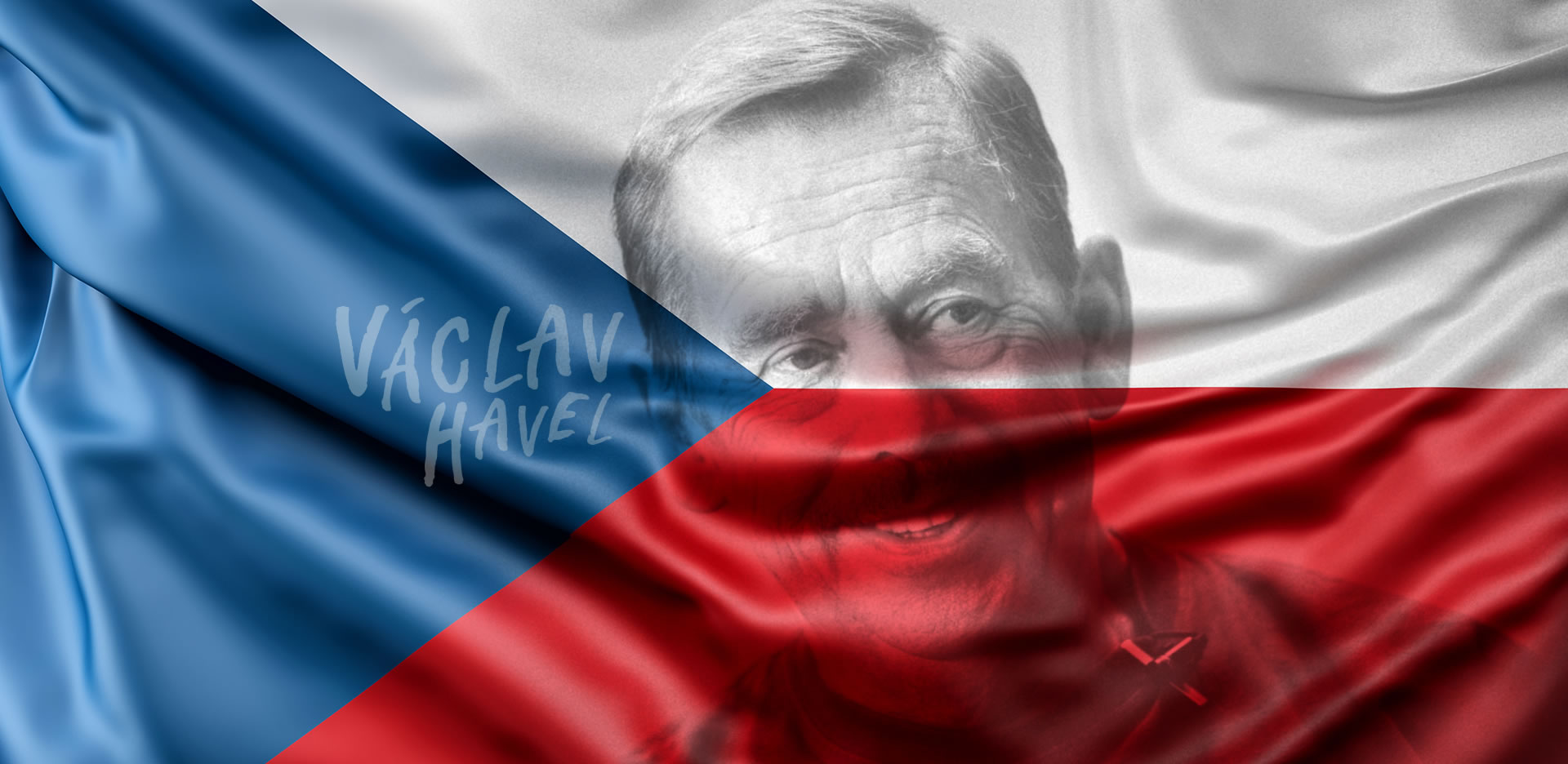


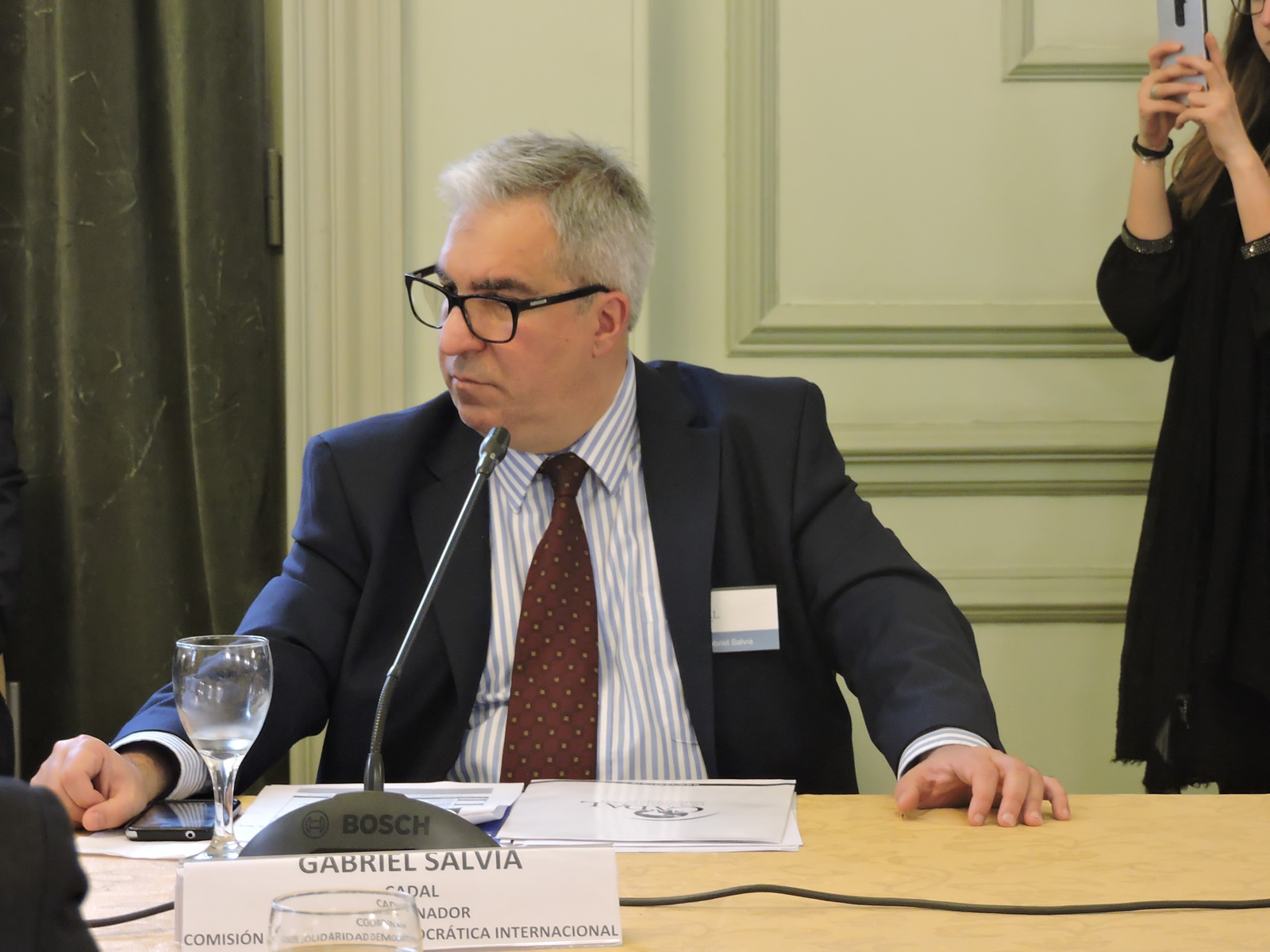
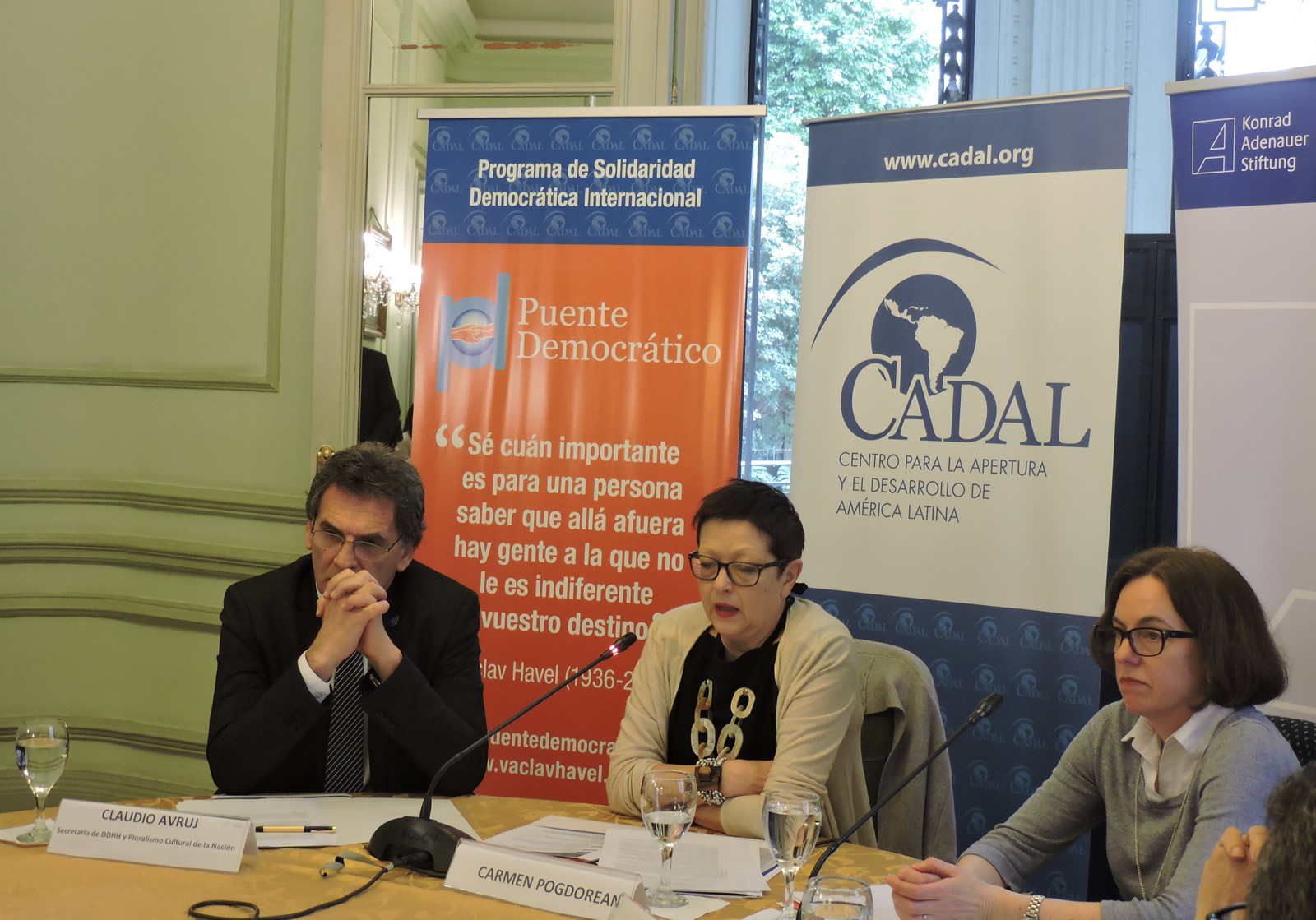
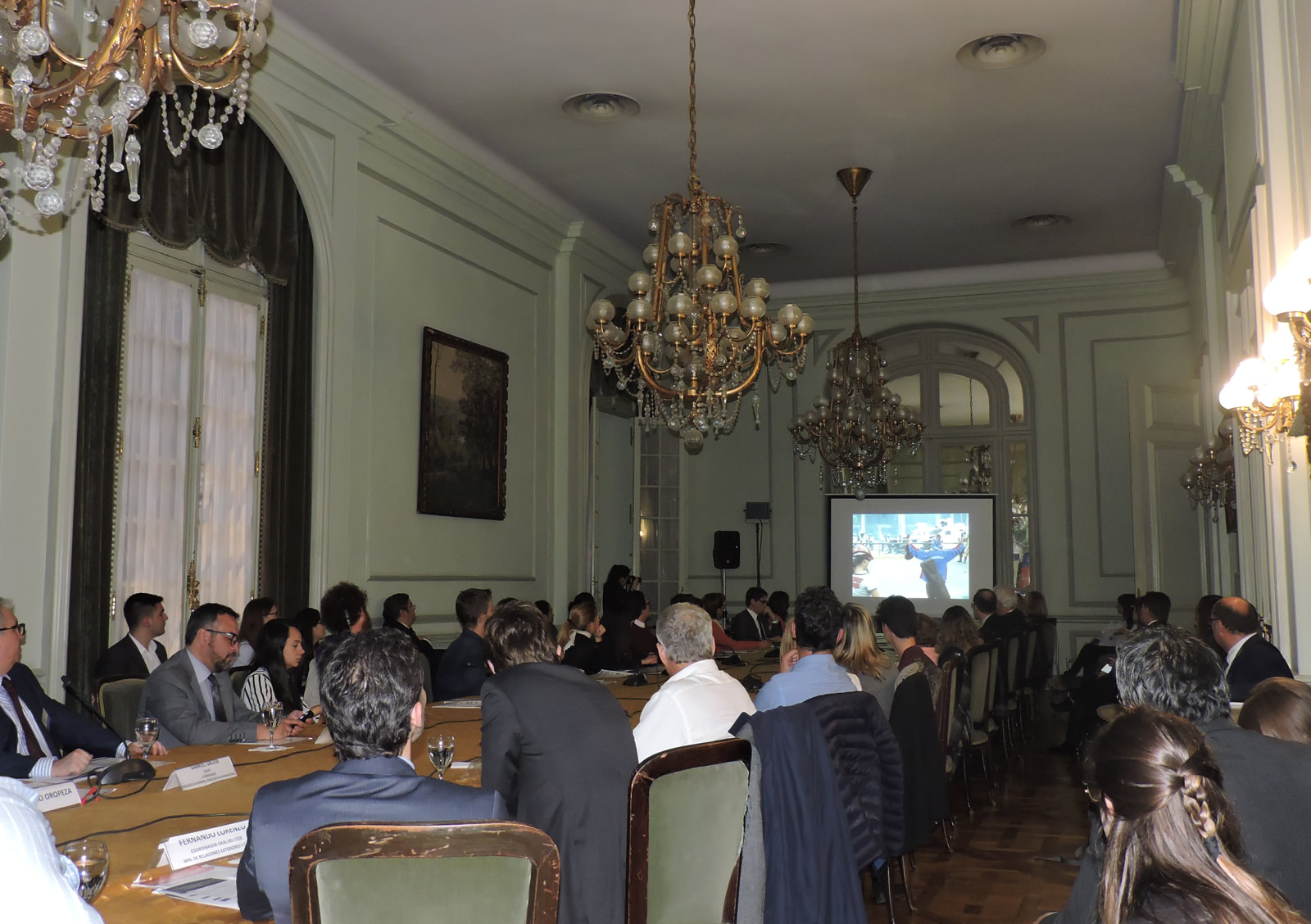
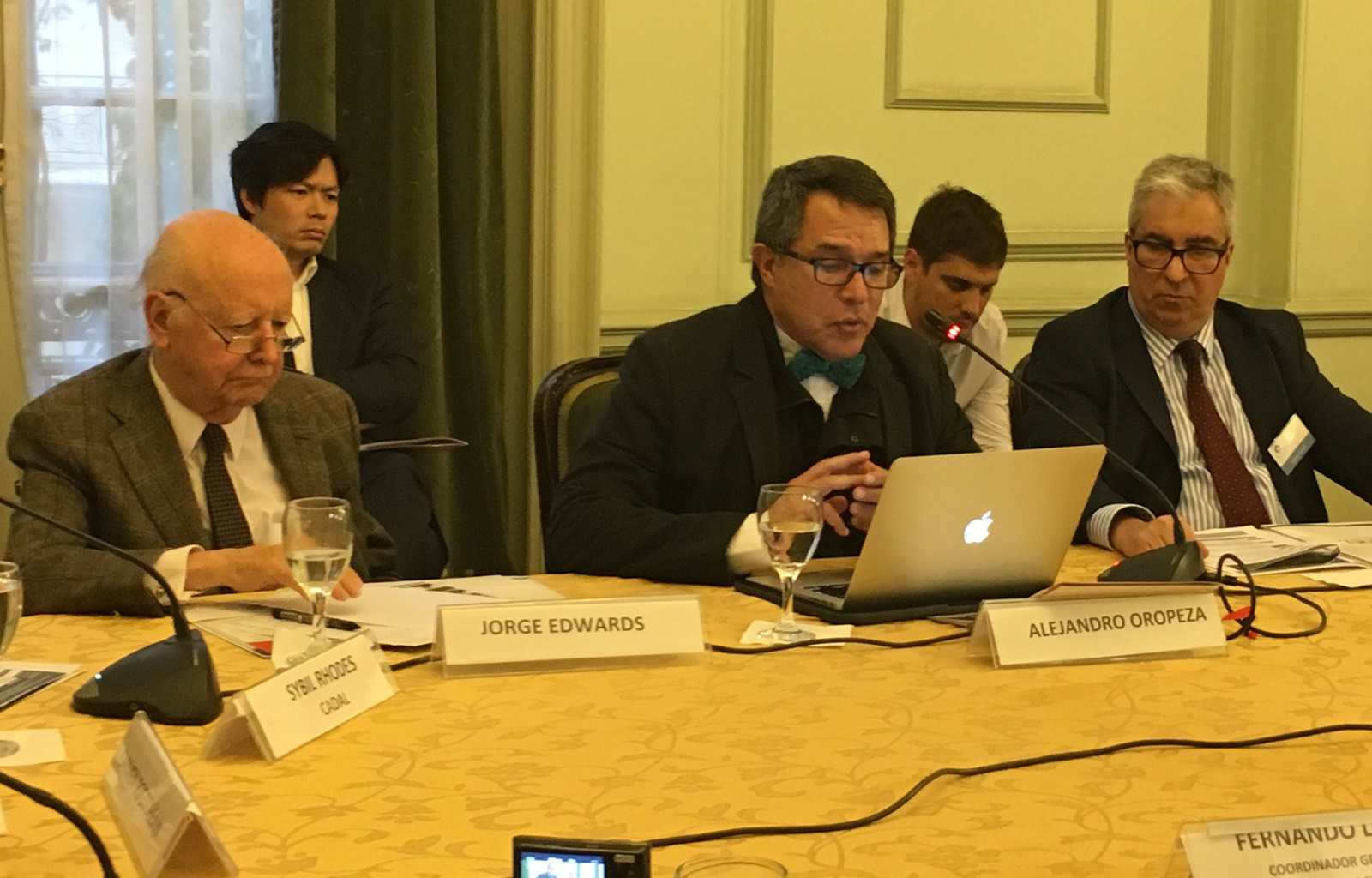
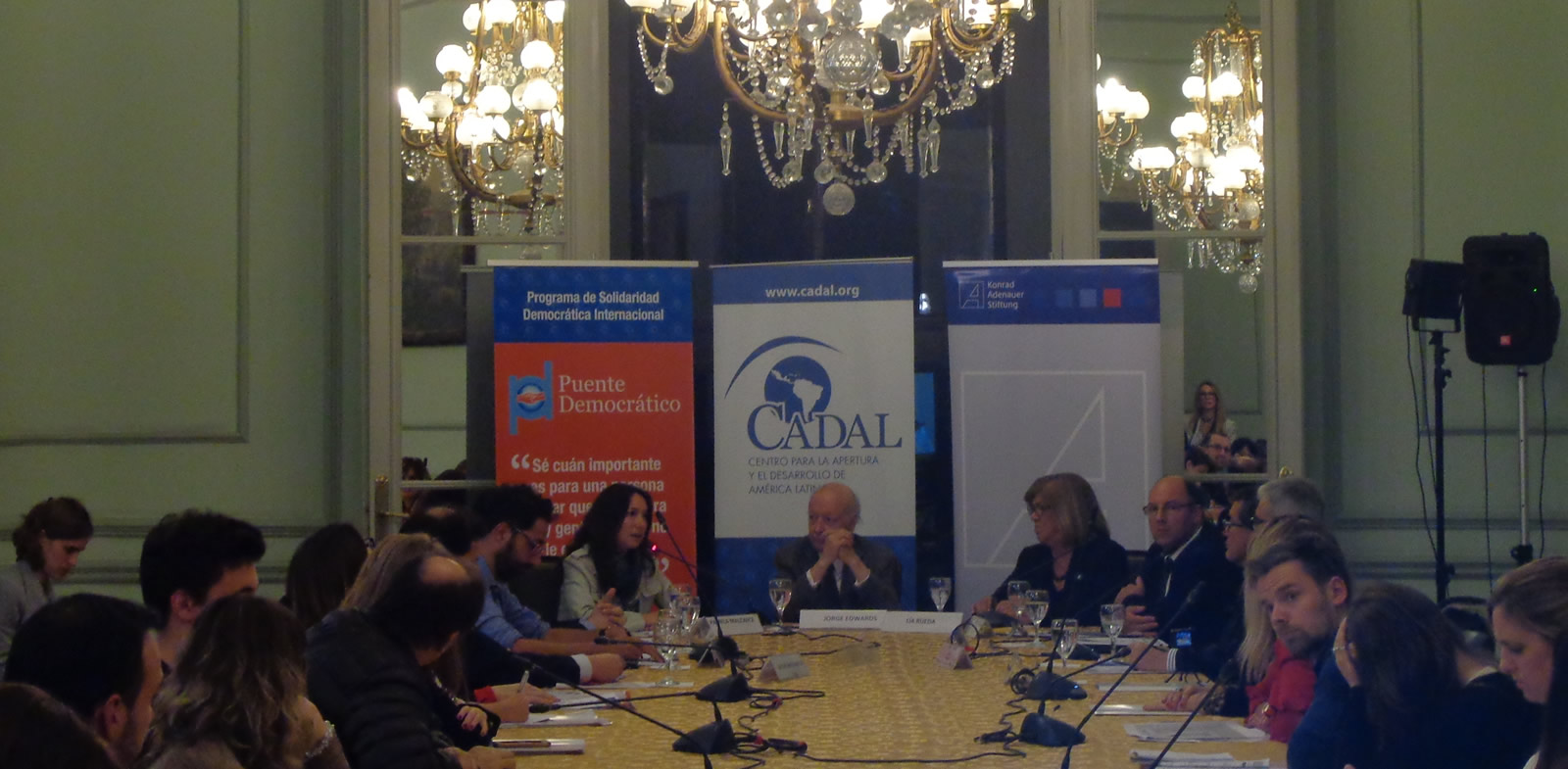
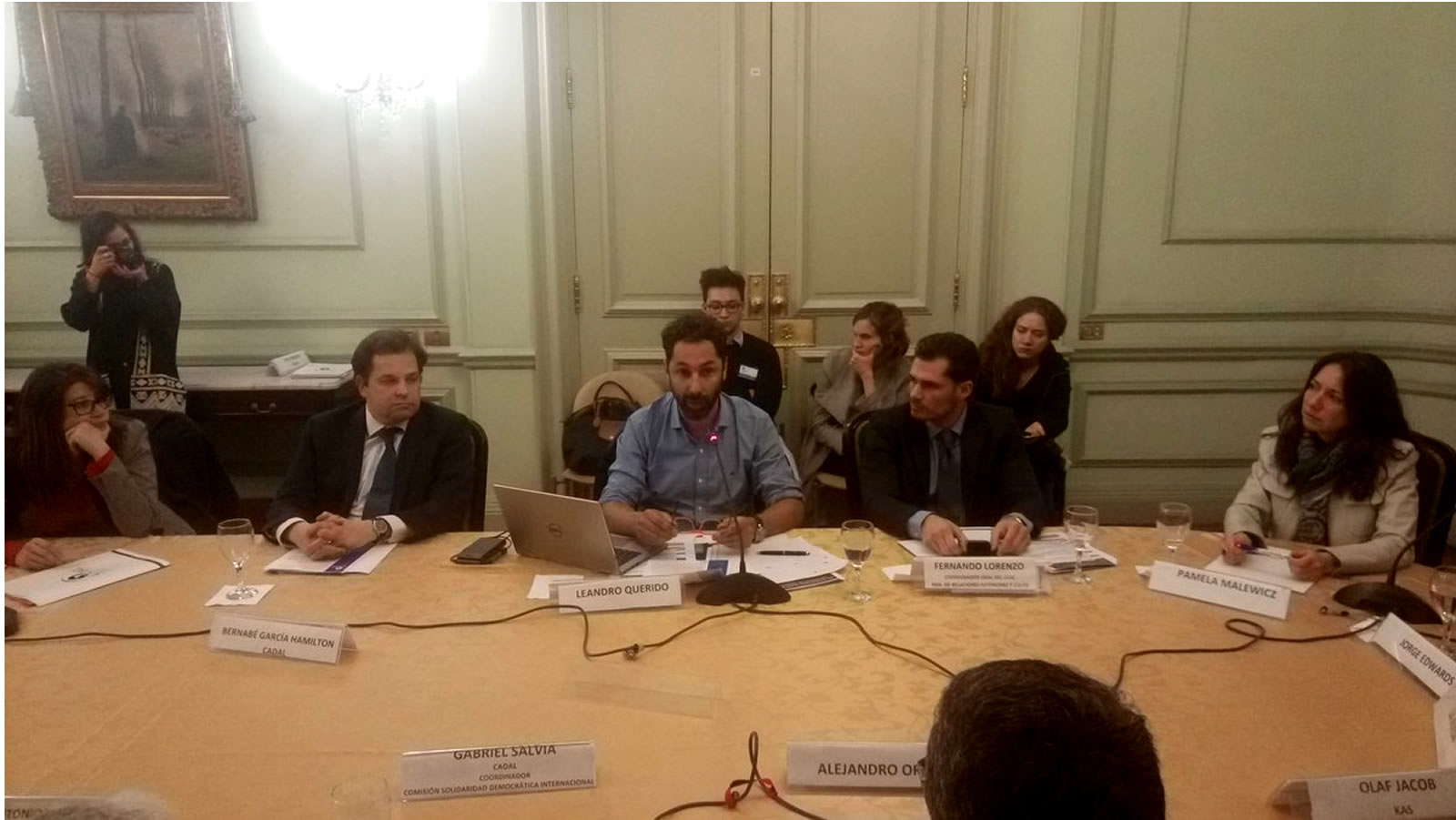
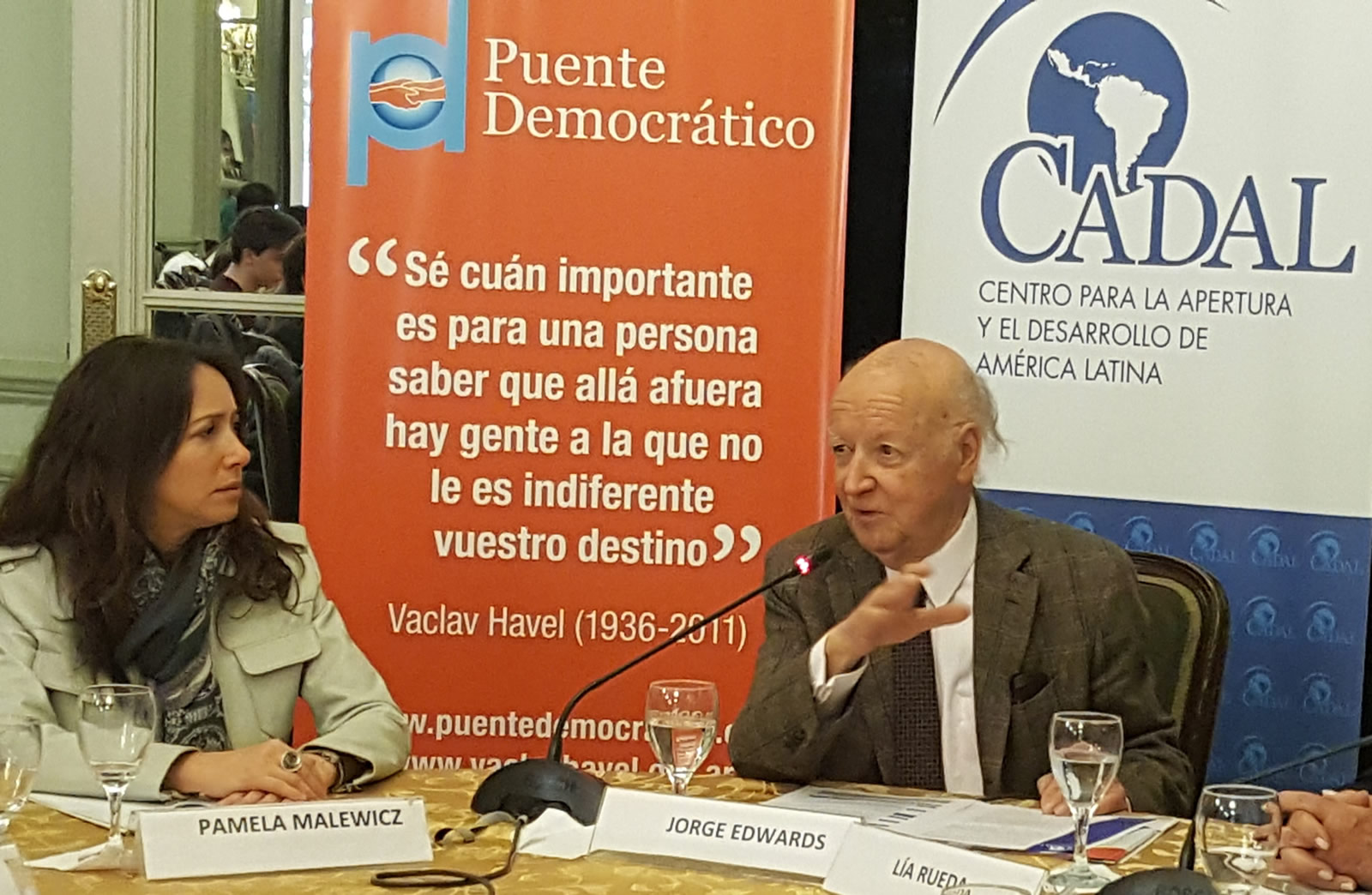
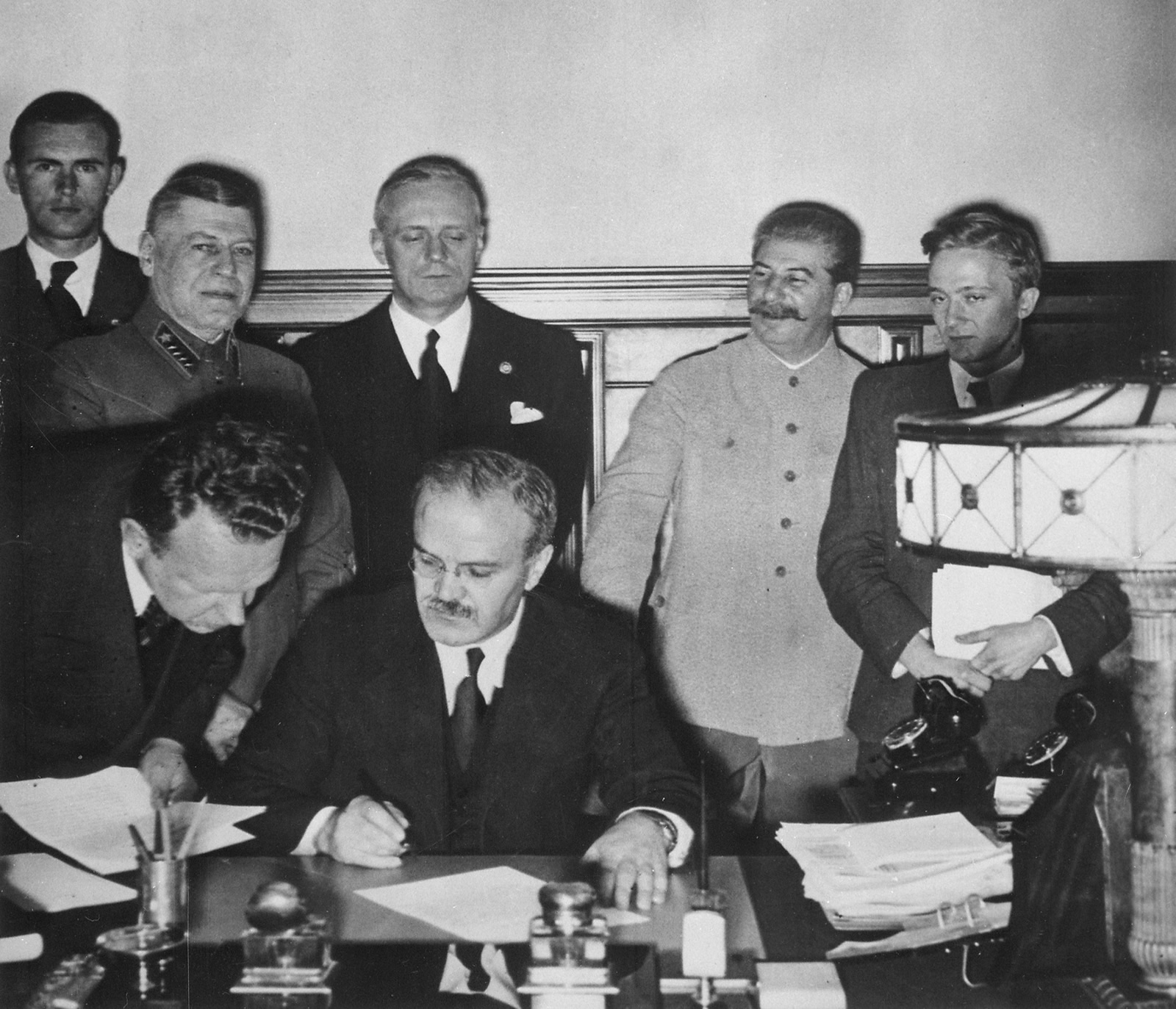
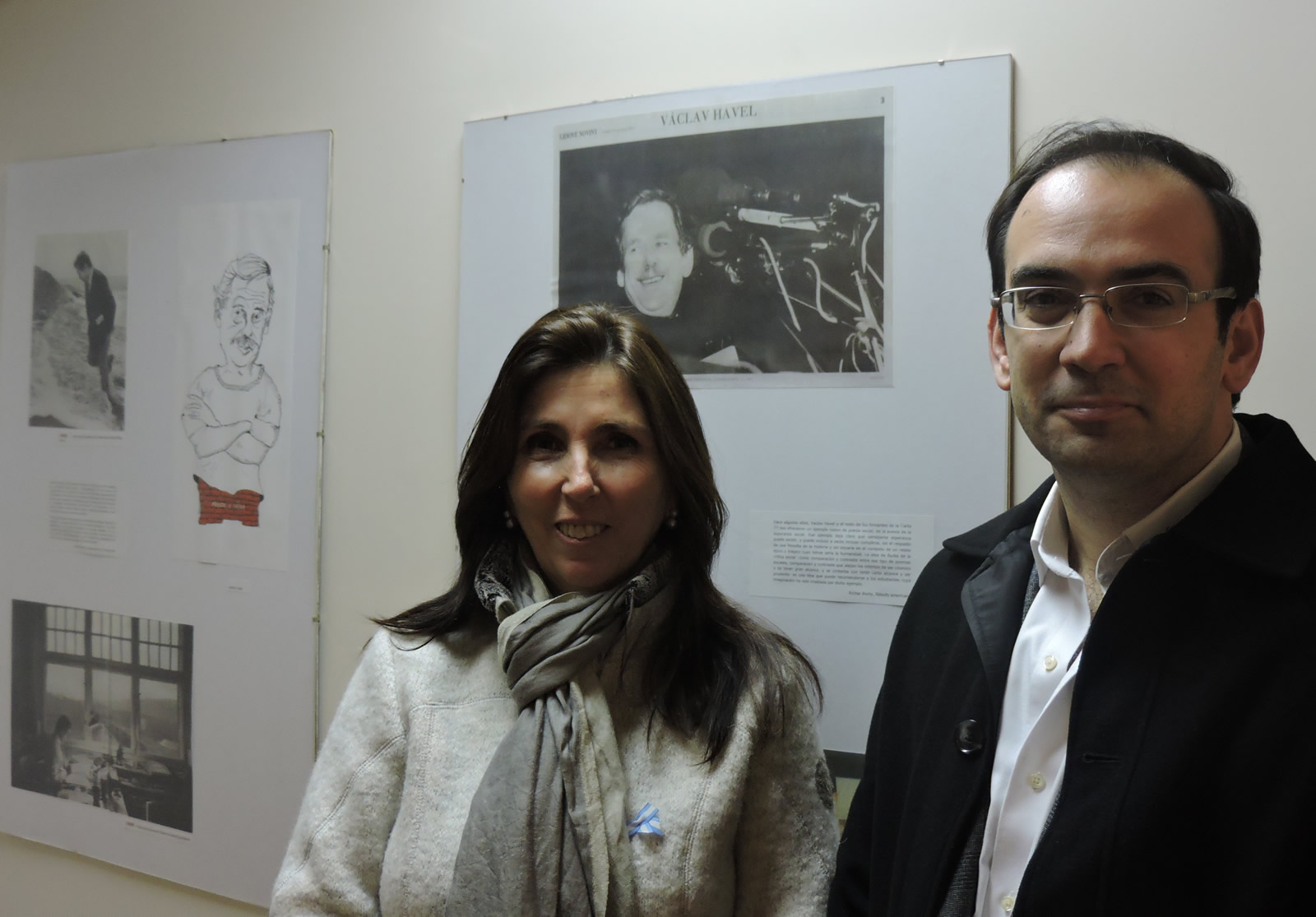
 Leer esta nota en Español
Leer esta nota en Español

